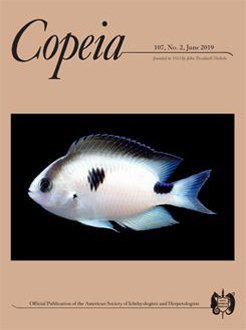With some 400 known species, the lizard genus Anolis is one of the most species-rich groups of terrestrial vertebrates in the world. Widely distributed, they occur throughout Central and South America, the West Indies, and the southeastern United States. Although anoles have emerged as paradigmatic species in ecology and evolution, relatively little research has addressed the effects of climate change on their distributions. Over the past 40 years, Puerto Rico has experienced steady increases in ambient temperature with mean maximum temperatures rising by as much as 2°C. Using distribution data from the Puerto Rico Gap Analysis, WorldClim bioclimatic variables, and MaxEnt niche modeling software, we projected potential changes in the distribution of ten species of Puerto Rican anoles for 2050 and 2070. All of our models used either the HadGEM2-AO or the MRI-CGCM3 Global Climate Model, each paired with the IPCC's Representative Concentration Pathways (RCPs). RCP4.5 was chosen as it represents a scenario in which greenhouse gas concentrations rise in the Earth's atmosphere until the year 2040 and then begin to decline. RCP8.5 was chosen as it represents a likely scenario of continued high greenhouse gas emissions through 2100 and acts as the IPCC's worst-case scenario of warming. Under HadGEM2-AO RCP8.5 for 2050, Anolis krugi, A. evermanni, and A. gundlachi are the most negatively impacted species, while for MRI-CGCM3 RCP8.5 for 2050, the most negatively impacted species are A. cuvieri, A. gundlachi, and A. evermanni. The models also predict mean reductions in most suitable habitat across all ten species of Anolis, ranging from –29.4% by 2050 to –39.6% by 2070 under HadGEM2-AO RCP8.5, and from –10.6% by 2050 to –28.5% by 2070 under MRI-CGCM3 RCP8.5. Our study provides insights into the potential impact of continued climate change on Puerto Rican anoles, and most likely other West Indian species of Anolis, and has important implications for future conservation efforts.
How to translate text using browser tools
13 May 2019
Predicting Climate-Induced Distributional Shifts for Puerto Rican Anoles
Anna E. Thonis,
Bradford C. Lister
ACCESS THE FULL ARTICLE





